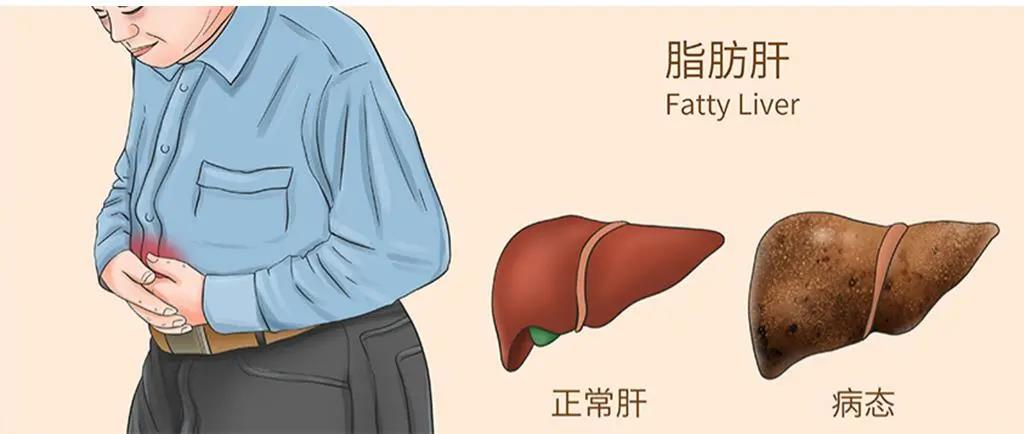The promise of mitochondria-based therapeutics for NASH
The promise of mitochondria-based therapeutics for NASH
Although nonalcoholic steatohepatitis (NASH) is one of the most common types of chronic liver disease in the U.S., it is a disease that is unfamiliar to many Americans. Despite this, its prevalence is increasing, and by some estimates, 27 million Americans will be living with NASH by 2030,while Chinese will reach to 48 million.

NASH is a progressive condition that starts with excess fat buildup in the liver, leading to inflammation and liver damage. While the cause of NASH is unknown, it is associated with a broader set of metabolic disorders. Important risk factors include elevated triglyceride or cholesterol levels, type 2 diabetes, high blood pressure and obesity, particularly with body fat concentrated around the waist. NASH is also more prevalent in certain ethnic groups, including Asian and Hispanic populations. While there are generally no symptoms until late in the disease process, the initial inflammation often leads to fibrosis (scarring) of the liver, which can progress to cirrhosis (advanced, late-stage scarring). Patients who develop cirrhosis are at risk for complications, including liver failure and liver cancer (hepatocellular carcinoma).
Since no FDA-approved drug for the treatment of NASH is available, physicians currently focus on treating the underlying risk factors noted above, including type 2 diabetes or obesity. Many drugs, however, are being investigated for potential utility in NASH and advances are urgently needed to address this rapidly growing global health problem.
Using mitochondria-based therapeutics to treat NASH
In 2007, CohBar, Inc. created the category of mitochondria-based therapeutics, building on the work of the company’s founders, Dr. Pinchas Cohen and Dr. Nir Barzilai. Recently, CohBar completed a successful multi-center, randomized, double-blind, placebo-controlled clinical study of CB4211, a first-in-class mitochondria-based therapeutic, for the potential treatment of NASH and obesity. In addition to showing that CB4211 appeared safe and well-tolerated, the data indicated robust and significant improvements in markers of liver damage. In this four-week study of 20 obese subjects with fatty liver disease, we demonstrated statistically significant reductions compared to placebo in both ALT (alanine aminotransferase) and AST (aspartate aminotransferase), enzymes that are normally present in liver cells and released into the blood when the liver is damaged. The reductions seen after treatment with CB4211 indicate decreased liver injury — the ultimate goal when treating NASH patients. Further, the level of improvement in ALT was comparable or superior to that seen with other competing products under development for NASH.
CohBar’s scientists have spent years mining the mitochondrial genome, discovering more than 100 natural peptides, and generating over 1,000 novel analogs, representing a substantial opportunity for future product development. In the near term, the company plans to work with disease experts to determine the best path forward for CB4211 while continuing to advance CB5138-3, the company’s second clinical candidate, into the clinic. CB5138-3 is a different peptide than CB4211, and it has impressive anti-fibrotic and anti-inflammatory properties.
Reprinted from:https://www.drugdiscoverytrends.com/


